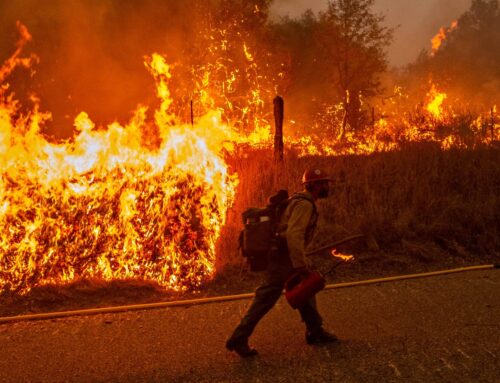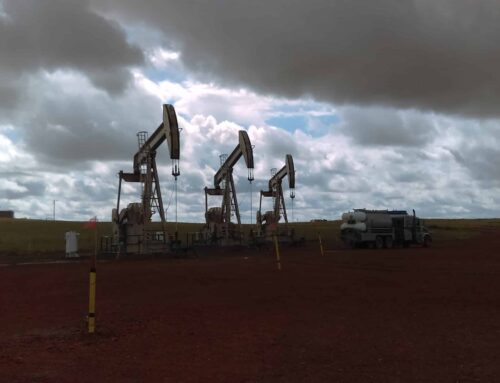Much of the public lands leased for oil and gas in our region are acquired through a noncompetitive process with the Bureau of Land Management. A new report says that’s not good for taxpayers.
The nonpartisan budget watchdog group, Taxpayers for Common Sense, released a report zeroing in on Nevada specifically. It says this practice cost that state $4 million in lost revenue over the last decade.
“If the market doesn’t demand additional leases, and doesn’t create competition, then they need to be rethinking why there’s a rush to put these lands to auction and out for bid,” says Ryan Alexander, the group’s president.
That argument doesn’t sit well with Kathleen Sgamma. She’s the president of Western Energy Alliance.
“These are leases that are marginally competitive. The market determines that there’s not a huge interest in them. But some companies do make a go of them, and then it does generate more revenue for the federal government,” she says.
When leasing public lands for oil and gas drilling, the BLM first opens up parcels at a minimum bid of $2 per acre. If no bids are presented, the agency then opens its noncompetitive process, where companies can pay lower bids and smaller administrative fees.
A BLM spokesperson declined comment for this story. But, in a statement earlier this year, the agency said revenue from oil and gas lease sales totaled $1.1 billion in 2018, nearly three times the previous record.
This story was produced by the Mountain West News Bureau, a collaboration between Wyoming Public Media, Boise State Public Radio in Idaho, KUER in Salt Lake City, KUNR in Nevada, and KRCC and KUNC in Colorado.







Get Social